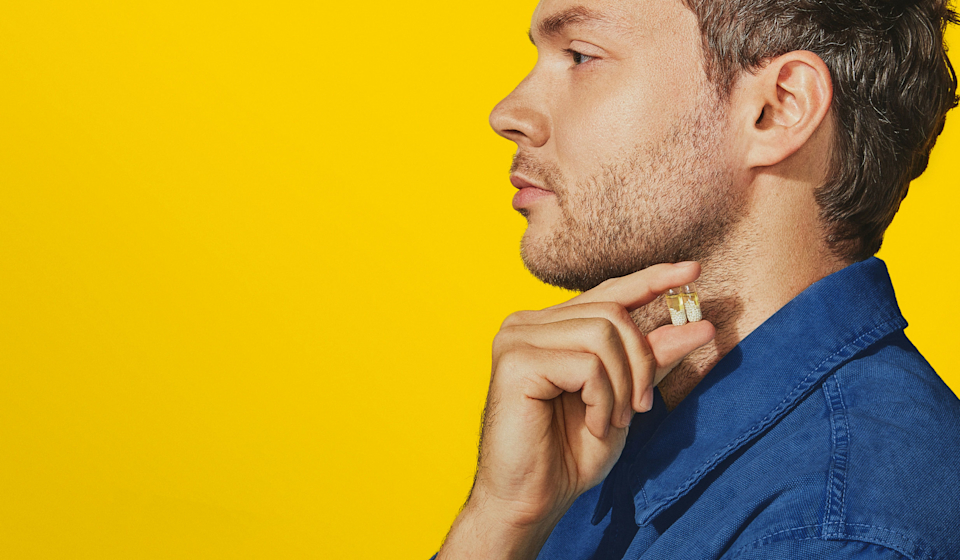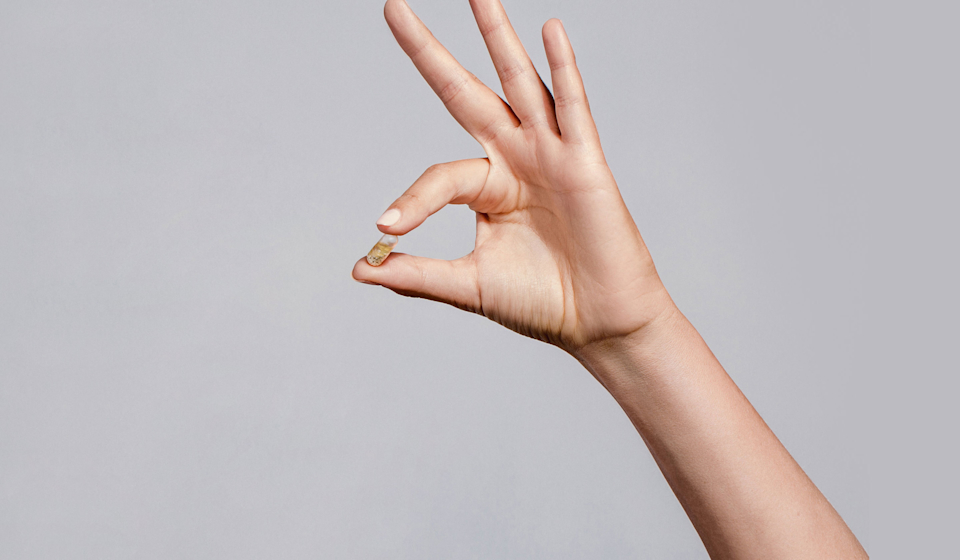Food sources of zinc
One of the best ways to ensure you’re getting enough zinc? Your diet. There are plenty of food sources of zinc—and incorporating the best foods with a high zinc content into your diet can help support your daily zinc needs. If you’re an adult woman over 18, then you can likely meet those needs through diet alone.*
Foods high in zinc include (1):
- Oysters (74 mg of zinc/serving)
- Alaska king crab (6.5 mg/serving)
- Red meat, like beef chuck roast (7 mg/serving) and beef patty (5.3 mg/serving)
- Lobster (3.4 mg/serving)
- Pork chop (2.9 mg/serving)
Meats, shellfish, seafood, and dairy products can be a good source of zinc—but eating animal foods isn’t the only way to get your dietary intake of zinc. There are plenty of plant foods that are good sources of zinc—and people who follow a vegan or vegetarian diet can still get zinc from their food choices. Some vegan and vegetarian-friendly, zinc-containing foods include:
- Baked beans (2.9 mg/serving)
- Pumpkin seeds (2.2 mg/serving)
- Zinc-fortified breakfast cereal (3.8 mg/serving)
Can recommended zinc intakes be met through the diet or is it important to supplement?
It depends. If you eat the right foods, hitting your daily zinc intake might be relatively simple—especially true for women, who have slightly lower zinc needs than men. But for men, taking a multivitamin with zinc may be a good idea.*
References:
- National Institutes of Health Office of Dietary Supplements. Zinc Fact Sheet For Health Professionals. Retrieved from National Institutes of Health
- Shankar, AH; Prasad, AS. 1998, August. Zinc and immune function… Am J Clin Nutr. Retrieved from National Institutes of Health
- Yagi, T; Asakawa, A; Ueda, H; Ikeda, S; Miyawaki, S; Inui, A. 2013, April 5. The role of zinc… Recent Pat Food Nutr Agric. Retrieved from National Institutes of Health
- Prasad, A. (1996). Zinc Status…Adults. Nutrition, 12(5), vi. doi: 10.1016/s0899-9007(96)00064-0







